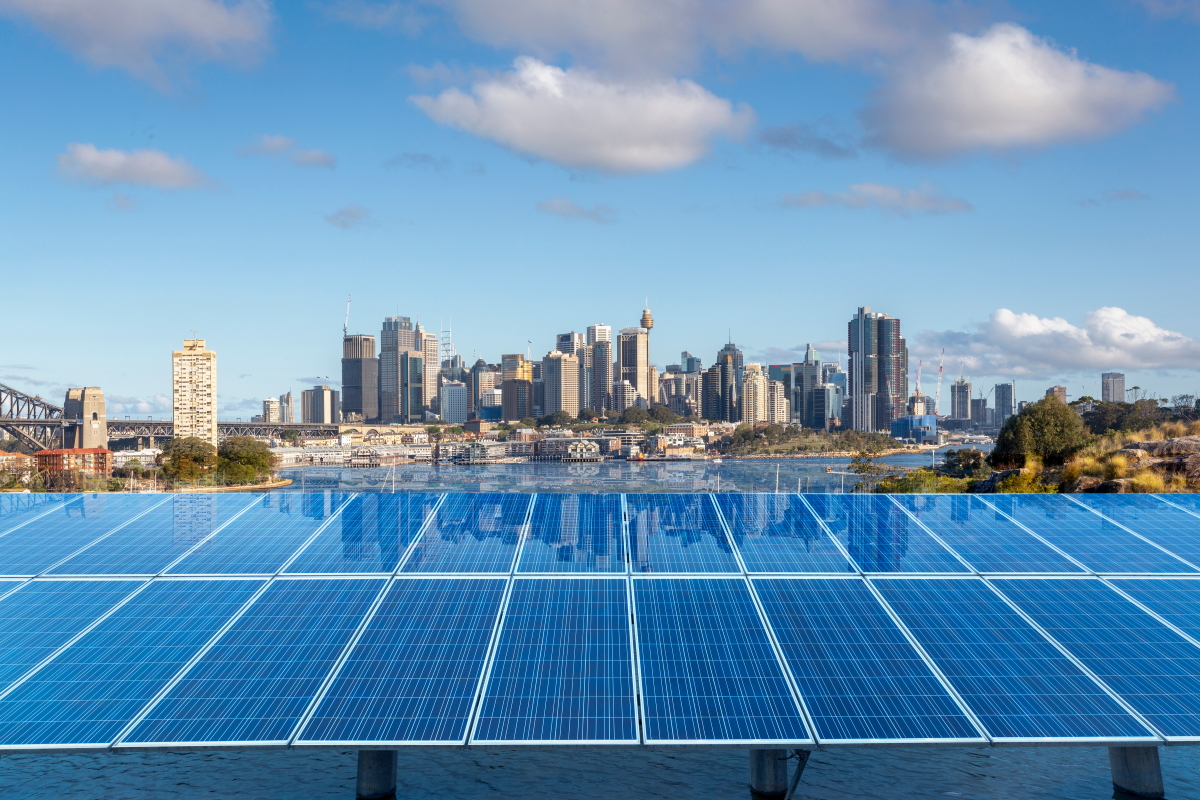Over the weekend, Australia elected Labor party leader Anthony Albanese as the 31st prime minister, who has vowed to turn the country into a renewable energy ‘superpower’. Labor Party’s Albanese defeated incumbent leader Scott Morrison of the Conservative Party to take the top post.
The newly elected prime minister, Albanese, has promised to cut carbon emissions by 43% by 2030 compared to 2005 levels, subsidize electric vehicles, boost the renewables sectors, and help build community-owned solar power and battery projects.
Additionally, the Labor Party (ALP) has vowed to penalize polluters and keep emission levels in check but failed to mention any cuts in the use of coal in a country heavily dependent on fossil fuels for its energy needs.
“Together we can end the climate wars,” Prime Minister Anthony Albanese said. “Together we can take advantage of the opportunity for Australia to be a renewable energy superpower.”
Changes to Australia’s climate policy
The ALP’s Powering Australia Plan sees renewable energy growing to 26GW, or 82% of all the National Electricity Market (NEM) by 2030. On the other hand, 89% of all new cars sold in Australia by 2030 will be EVs, according to the plan.
The Labor Party wants to achieve net-zero emissions target by 2030 instead of 2050, end coal-based power generation by 2030, and stop construction of new coal and gas infrastructure.
Boosting demand for electric vehicles through tax concessions is one of the key climate policies of the new government, while also providing A$20 bn ($14 bn) for new renewable energy projects and tightening the country’s emission norms.
The new norms will set a baseline for allowable emissions for the 215 big polluting companies in the country that emit more than 100,000 tonnes of carbon dioxide each year – a move that will bring Australian firms in line with international best practices.
Climate change was a key concern for Australian voters after three years of record-breaking bushfires and flood events. The Labor party is likely to get support from the Australian Greens party and independents – both of whom have been backing radical climate change policies.
The Greens want the new prime mister to deal with climate change with a heavy hand and honour Paris commitments. “But the first job is to stop making the problem worse. Labor’s targets don’t even take into account the 114 new coal and gas projects in the pipeline. You can’t put out a fire while you’re pouring petrol on it,” said Greens’ leader Adam Bandt.
Carbon credit prices rise in Australia
Prices of carbon credits in Australia jumped by almost 20$ to $35.50 a tonne after Albanese was elected as the prime minister. Energy experts told Australian Financial Review that demand for carbon credits would rise as the Labor party tightens the nose around big polluters, forcing them to cut their carbon emissions.
Meanwhile, markets in the country were largely unaffected and the Australian dollar was stable, despite the expectation of stricter emission norms. “The absence of significant macro policy differences between the new Labor Government and the Coalition suggests minimal impact on the share market & the $A,” said Shane Oliver, Head of Investment Strategy and Chief Economist at AMP Capital.


 Australia
Australia China
China India
India Indonesia
Indonesia Japan
Japan Malaysia
Malaysia Philippines
Philippines Singapore
Singapore South Korea
South Korea Taiwan
Taiwan Thailand
Thailand Vietnam
Vietnam







